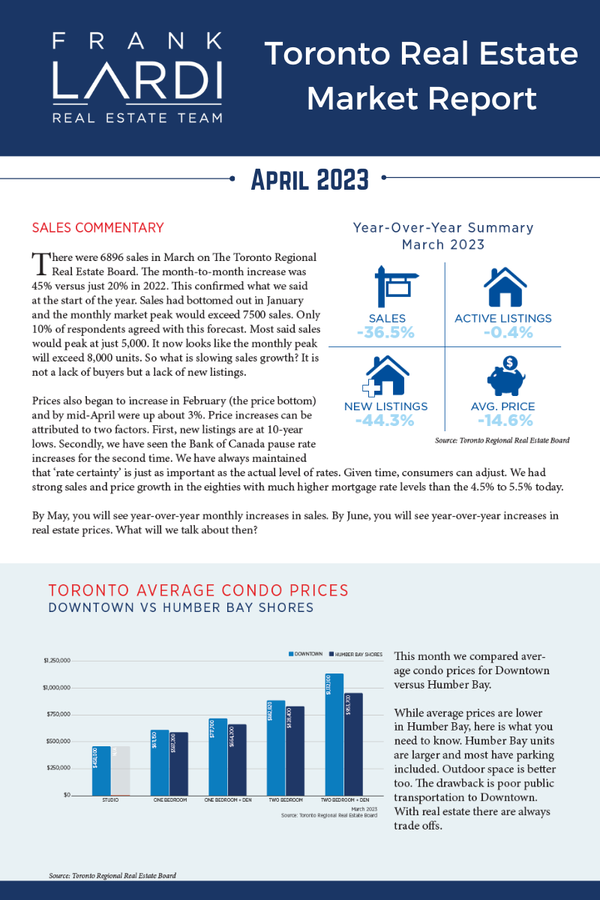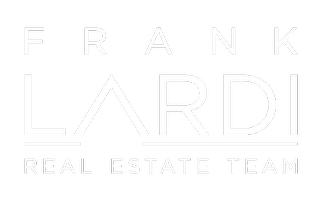Why real estate Is such a powerful tool for building wealth
Real estate is one of the most effective ways of building one’s net worth because unlike other investments, it offers multiple income streams and the opportunity to use other people’s money (leverage). In fact, there are 4 key dimensions to real estate investing that help maximize an investor’s return on investment (ROI).
1.) Cash Flow
Cash flow is the difference between the rent that you collect and your monthly expenses (e.g. mortgage payment, property taxes, management/condo fees, insurance, etc.). In other words, it’s the money left in your pocket at the end of the day.
The general rule of thumb when investing in real estate is that a property should be cash flow positive (monthly rent > monthly expenses) or at least cash flow neutral (monthly rent = monthly expenses) with a 20 – 25% down payment.
2.) Principal Repayment
By renting out a property, you are outsourcing your debt obligations by having your tenant pay off your mortgage for you. Part of the mortgage payment goes directly to paying off the loan, or the principle, which adds to your net worth every single month. You can think of it as a forced savings plan.
The best part about principle repayment is that it accelerates over time. During the life of the mortgage, the interest portion (debt) of the monthly payment starts high and slowly decreases over time. On the other hand, the principal portion (equity) of the monthly payment does the reverse. The longer you hold a property, the greater the principal repayment and the greater your net worth.
3.) Appreciation
Capital appreciation refers to the growth in value of a property over time.
The real estate market is cyclical; in other words, it moves up and down in the short term in response to an array of factors, including economic conditions, government policy, interest rates, and consumer sentiment.
For this reason, you shouldn’t be buying real estate for the benefit of capital appreciation alone. It can be dangerous and risky to look at real estate as a get-rich-quick scheme where you buy low one year and sell high the next; it’s just too difficult to predict when and how the factors listed above are likely to change, and their corresponding impact on property values.
However, as long as you have a cash flow producing asset that’s being paid off by a tenant, then you are safe and protected and you don’t have to worry about whether your property has gone up or gone down in value in any one year; you’re making money either way.
The reality is that when it comes to appreciation, the real gains are realized by taking a long term view and holding property for decades. In the City of Toronto for example, property values have increased steadily at a rate of 6.0 to 6.5% per year on average over the last 30 years.
4.) Leverage (i.e. using other people’s money)
Leverage is the use of borrowed capital to increase the potential return of an investment. Real estate is one of the most accessible ways to invest borrowed money.
Consider the purchase of a property with 20% down, or $100,000 on a $500,000 asset. The buyer is using a relatively small percentage of his or her own money to make the purchase, with the balance of the funds coming from the lender.
Assuming the property appreciates 25% over 10 years or $125,000, the buyer would realize a 125% return on his invested capital or down payment.
Return/Invested Capital = $125,000/$100,000 = 125%
Comparing this to the gain from an unleveraged purchase highlights the value of leverage. If the same buyer paid for the property in full, assuming the same 25% rate of appreciation over 10 years, he would see a 25% return on his invested capital.
Return/Invested Capital = $125,000/$500,000 = 25%
Now, it’s important to note that leverage can also work in reverse; if the market sees a downturn and your property drops in value, leverage will magnify your losses in the event that you’re forced to sell. This reinforces the importance of investing in property that is cash flow positive, thereby ensuring that your property will make you money regardless of market conditions.
I hope you found this article entertaining and informative. In the event that you have any questions, are in need of assistance with buying or selling real estate, or have friends or family looking for a professional Realtor, please don’t hesitate to get in touch. I’d be happy to help in any way that I can.
Click here to read the next instalment – The Top 4 Reasons I Put My Money Into Condos Instead of RRSP’s.
Categories
Recent Posts










